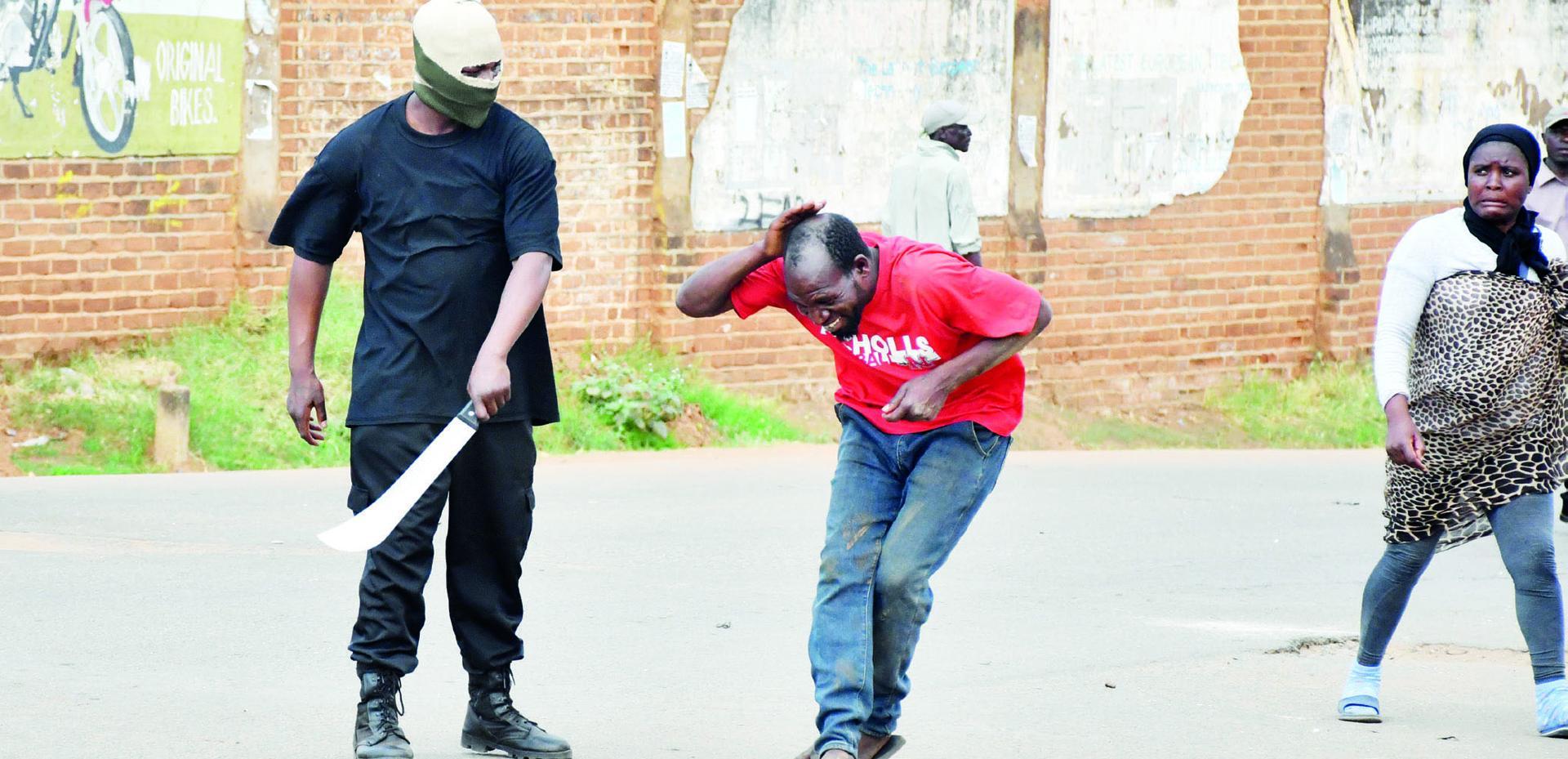Africa-Press – Malawi. The Malawi Confederation of Chambers of Commerce and Industry (MCCCI) has warned that the September 16 general elections pose serious risks to the country’s fragile business environment amid fears of political instability and inflation driven by increased government spending.
MCCCI’s 2025 First Quarter Economic and Business Review painted a gloomy picture of the business environment, citing high inflation, persistent foreign exchange shortages and a deteriorating trade balance as key obstacles to private sector growth.
The chamber says the political atmosphere could become volatile as the country approaches the polls.
It highlights high government spending as a growing threat that could further disrupt the business environment.
Furthermore, the report notes that the 2025/26 fiscal deficit is projected at K2.47 trillion, or 9.5 percent of GDP, with K2.33 trillion expected to be financed domestically, which could crowd out private sector access to affordable credit.
“As Malawi approaches its general election, the risk for political instability remains significant. Should disruptions occur, there is a substantial probability of economic activities being adversely affected.
“Inflation in 2025 is expected to remain elevated due to increase in government spending as we approach the election cycle,” the report states.
Inflation rose to 28.5 percent in January 2025 from 28.1 percent in December 2024, then climbed to 30.7 percent in February before easing slightly to 30.5 percent in March.
MCCCI noted that this drove up operational costs, with food inflation alone reaching 38.5 percent in February before easing to 37.7 percent in March.
The chamber highlighted that the policy rate has remained high at 26 percent, reflecting the Reserve Bank of Malawi’s tight monetary stance aimed at curbing inflation.
However, it pointed out that this has made borrowing prohibitively expensive for businesses, especially SMEs, dampening their ability to expand and create jobs.
Malawi Economic Justice Network Executive Director Bertha Phiri echoed MCCCI’s concerns, describing the current economic and political climate as difficult.
She said that the election season puts strain on governance and accountability mechanisms, particularly regarding public spending and financing of political activities.
“Election years in Malawi are always marked by heightened political uncertainty. We also saw withdrawal of the International Monetary Fund from the Extended Credit Facility, this is a direct reflection of concerns over election- year decision-making on government.
“We need serious transparency and accountability, particularly around how public resources are used in an election year. If Malawi is to attract and sustain investment, these governance issues must be addressed head-on,” Phiri said.
She urged the need for realistic and prudent public finance management, regardless of the September 16 election outcome.
Economist Marvin Banda said current operating conditions reflect what would be expected from an economy experiencing “lethargic recovery.”
However, Banda said it remains difficult to characterize the situation because although the economy signals distress, other sectors show signs of recovery.
“The agricultural sector has provided policymakers with some much needed solace from the estimated marginal increase in maize production from last year by 9.2 percent, even though the improvement means this year’s estimates still lag behind the five year average by 20.3 percent,” Banda said.
For More News And Analysis About Malawi Follow Africa-Press






